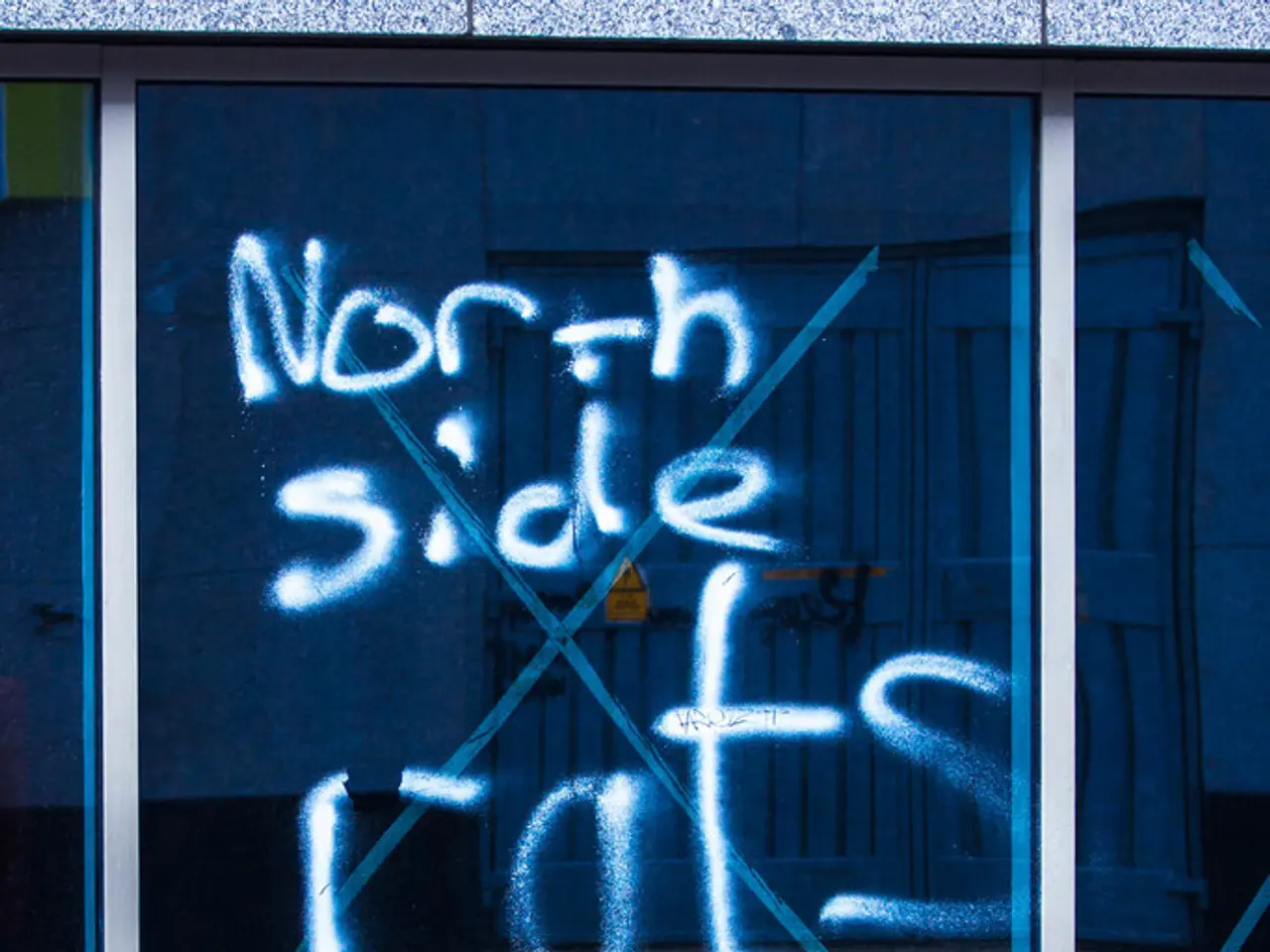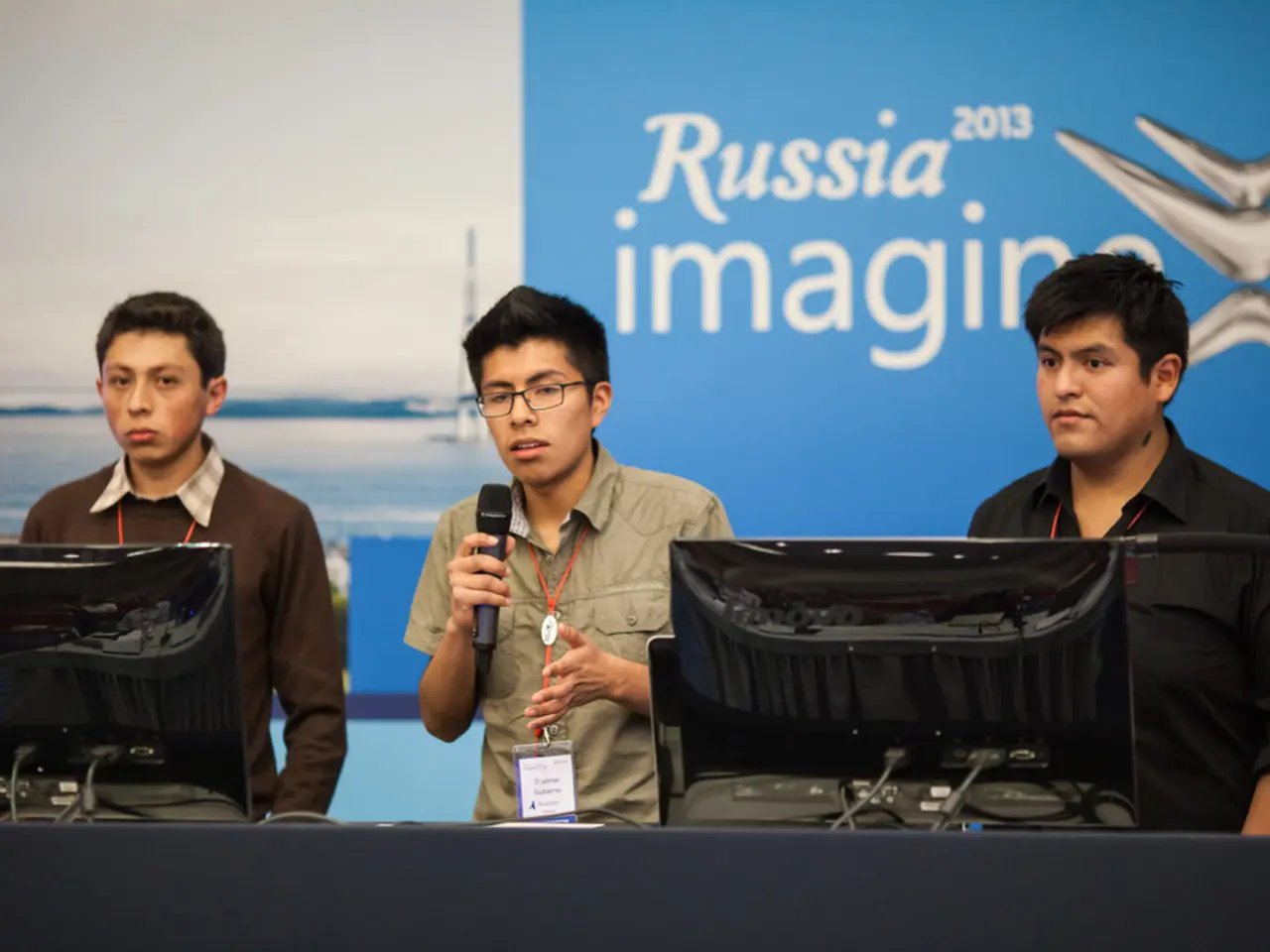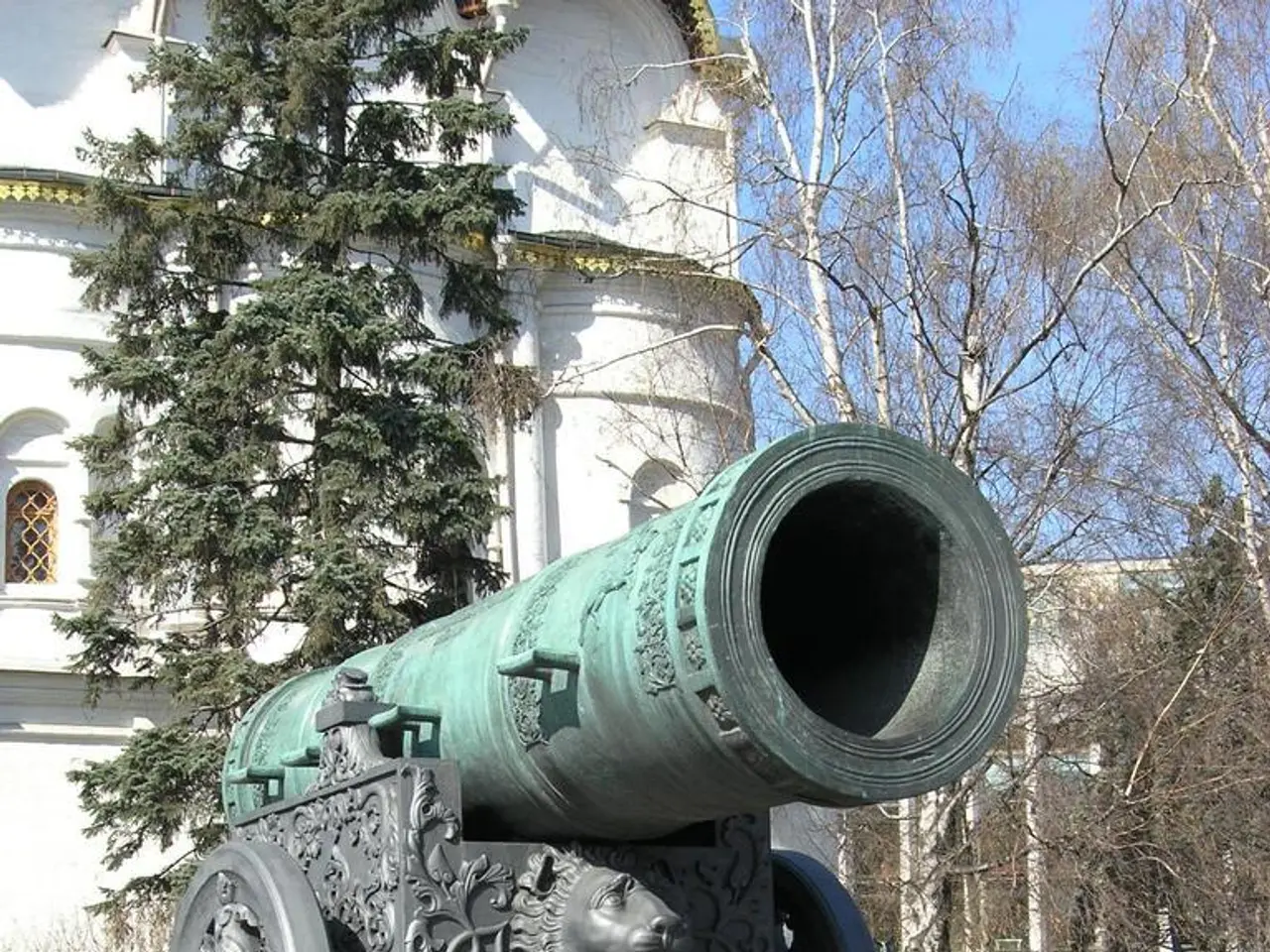Poland Implements Border Verifications with Germany
The Polish Ministry of the Interior has announced **temporary border controls at the Poland-Germany border**, effective immediately and scheduled to last until August 5. This move comes in response to concerns over illegal migration and the need to protect citizens' interests and security amid changing migration dynamics.
Key reasons for the controls include the reduction of uncontrolled migrant flow, targeting migrant smuggling, and reciprocity following Germany's actions. The Polish government aims to minimize illegal crossings, focusing on inspecting buses, minibuses, and vehicles with many passengers or tinted windows. This decision responds to the significant migration situation and Germany's reported drop in asylum applications, highlighting ongoing migration challenges.
Germany has been conducting random checks at the border with Poland since October 2023 to stop irregular migration. In response to criticism of Berlin's policy of pushing migrants back to Poland, as well as Lithuania's more lenient migration policy, which affects efforts at Poland's borders, the controls are partly a reaction.
While Schengen typically allows free movement, temporary controls can be reinstated in exceptional circumstances such as serious threats to public policy or internal security. The controls are taking place at 13 border crossings to Lithuania and 52 crossing points with Germany.
Polish Interior Minister Tomasz Siemoniak has assured normal travelers that they have nothing to fear. Around 800 border guards, 300 police officers, 200 military police, and 500 members of voluntary homeland defense associations are involved in the controls on the first day.
Notably, an Estonian citizen was arrested in the early morning hours at one of the Lithuanian border crossings for attempting to enter Poland irregularly with four people in his car.
Prime Minister Donald Tusk emphasized that Poland remains an advocate for free movement in Europe but underlines that this requires united and symmetrical action among neighboring countries. The German Interior Minister, Alexander Dobrindt (CSU), ordered more intensive border controls shortly after the new federal government took office in May.
The controls started at midnight, as announced by the Ministry of the Interior. Travelers crossing the border must have an ID card or passport. Officers in police vests, supported by military police, are conducting the controls.
- The Polish government is implementing temporary border controls, targeting the reduction of uncontrolled migrant flow and addressing migrant smuggling, under the larger context of the ongoing general-news topic of changing migration dynamics and the politics involved.
- In response to the significant migration situation and Germany's actions, including random checks at their border and pushbacks of migrants, Poland has also reinforced crime-and-justice measures at its border with Germany, aiming to minimize illegal crossings and ensure citizens' interests and security.





